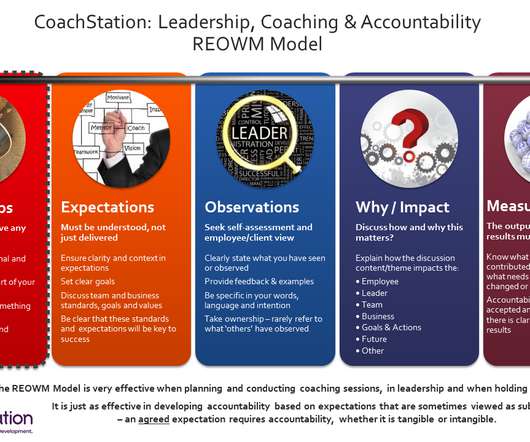Skills necessary to compete in rapidly evolving markets
Strategy Driven
MARCH 14, 2016
It refers to preparing to compete using familiar techniques, against competitors you’ve faced before, in the same markets or industries, only to discover that the rules have changed. Modern business competition is changing rapidly, and to compete effectively, you need to understand the skills that are required to win.






































Let's personalize your content